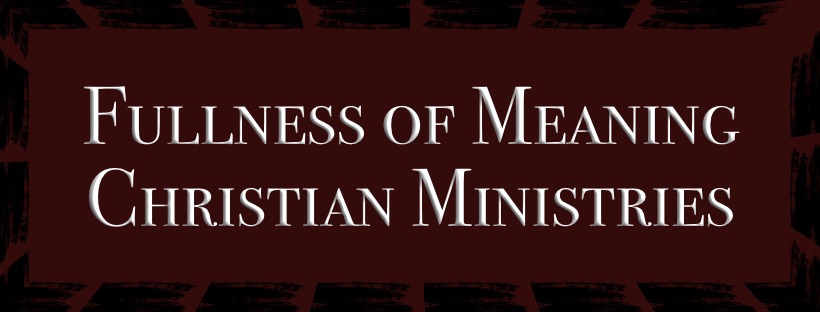Etymology’s joke on us is that our very words that mean “grasp an idea of, mentally fit together parts of reality” — are themselves obscure or incomprehensible to us.
Understand is so plainly odd that even people who don’t think about word histories notice it. In form it is a compound of under + stand (v.), and it has been so since Old English. Likewise the sense has not shifted since King Alfred’s day: “to comprehend, grasp the idea of, receive from a word or words or from a sign the idea it is intended to convey; to view in a certain way.”
But what does “standing beneath” have to do with any of that? If that is what we are thought to do.
My guess is that the image was confusing already by Middle English. In general, the more different ways Middle English scribes spelled a word, the less sure they were of its derivation. For understand, in Middle English, we also get understont, understounde, unþurstonde, onderstonde, hunderstonde, oundyrston, wonderstande, urdenstonden, and others.
One guess about the compound is that the notion is less “standing under” and more “standing in the midst of” (truth, facts, meaning, etc.). Some who have studied it think there might have been a second preposition under surviving in the language, from a Germanic form of the ancient reconstructed Proto-Indo-European word (*enter “between, among”) that also became Greek enter and Latin inter.
Such a survival also might explain the under in undertake. The same survival in English might also provide the sense in the old expression under the (or these) circumstances.
For sense, compare the parallel word in French, entreprendre “to undertake, take in hand” (the source of our enterprise), the first element of which is entre “between, among.” Likewise intelligence “faculty of understanding, comprehension” is a Latin compound with inter “between” (and legere “choose, pick out, read”).
But other sources allow that the Old English UNDER also had extended senses of “among, between, before, in the presence of.” “Among” seems to be the sense of it in many Old English compounds that resemble understand, such as underniman “to receive,” undersecan “examine, investigate, scrutinize” (“underseek”), underðencan “consider, change one’s mind” (“underthink”), underginnan “to begin.”
Perhaps the ultimate sense in UNDERSTAND is “be close to;” compare Greek epistamai “I know how, I know,” literally “I stand upon.”
UNDERSTAND is recorded occasionally in Middle English in a literal sense: “to occupy space at a lower level” (late 14c.) and, figuratively, “to submit.” For “to stand under” in a physical sense, Old English had undergestandan.
Old English also had oferstandan (Middle English overstonden), literally “over-stand,” but it seem to have been used only in literal senses.
Similar formations to UNDERSTAND, and with similar senses, are found in Old Frisian (understonda) and Middle Danish (understande), while other Germanic languages use compounds meaning “stand before,” such as German verstehen, represented in Old English by forstanden “understand,” also “oppose, withstand.” The Middle English ambivalence of for-, which also could mean “action that results in failure, or produces adverse or opposite results” might have discouraged its use.
For the concept in our UNDERSTAND, most Indo-European languages are said to use figurative extensions of compounds that literally mean “put together,” or “separate” (as in intelligence or discern, literally in Latin “to separate,” thus “distinguish, perceive”), or “take, grasp,” as in comprehend.
Comprehend, another “understand” word, is a Latin compound seemingly meaning “seize or take in the mind,” but the sense of the com- in it is unclear and perhaps only means “completely.” The prehendere is “to catch hold of, seize.”
A Latin “over-standing” compound, however, gave us the enemy-word of understanding, superstition: Latin superstitio “dread of the supernatural, religious belief based on fear or ignorance and considered incompatible with truth or reason.” It is literally “a standing over,” from superstare “stand on or over.” There are many theories to explain the Latin sense development, but none has yet been generally accepted; de Vaan [“Etymological Dictionary of Latin and the other Italic Languages”] suggests the sense is “cause to remain in existence.”





